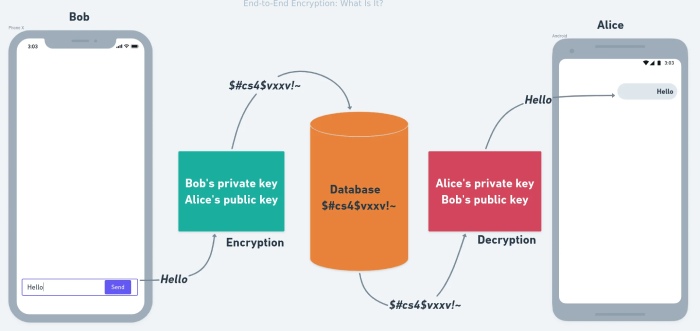Data privacy must also be considered when developing AI models using consumer data. AI models must, by default, include privacy protection in their design due to the exponential growth in their usage in recent years.
Consumer data privacy must also be considered while developing artificial intelligence (AI) algorithms. Certain users may be wary of automated systems that gather and exploit personal data, so AI models must naturally build in privacy protection as part of their design to remain competitive. In this article we will know more about Data Privacy In A New Age With AI
Table of Contents
AI Business & Privacy Implications
AI is now utilised in numerous industries, gaining popularity in recent years. Automating repetitive, time-consuming tasks like data validation utilising text, pictures, and tabular data is doable using basic machine learning models. Deep learning is gaining popularity in addition to typical regression and classification issues with simple models.
Image processing, natural language processing, and recommendation systems are deep learning’s three primary areas of expertise. Image processing applications include disease detection and object segmentation to address the issue of autonomous driving (e.g. matching a reader or shopper to the most interesting or appropriate content).
AI is becoming more prevalent in the field of medicine. Because there is a wealth of information on patients’ illnesses and symptoms that can be helpful when doctors cannot recognise and explain connections between the two correctly, this is an excellent application for AI.
All of these applications have a lot of potentials, but when employing AI, it is also vital that privacy be managed with particular care. Machine learning and algorithmic judgements are at the heart of many sensitive data analytics, like ad networks, recommendation engines, and search algorithms. The potential for exploiting personal data in ways that can violate privacy is expanding with the development of artificial intelligence.
How AI can threaten privacy
Today’s companies are requesting, gathering, and using more data than ever. The more of it we have, the better we can comprehend why it looks the way it does and how it links. AI, or more specifically, machine learning, feed on this data.
Businesses should always consider the danger of data leaking when processing such massive amounts of data. There is a chance that models will learn information that should be kept secret as more and more data is utilised for training them.
A 2017 poll by Genpact of more than 5,000 consumers from different nations showed that 63% of respondents valued privacy more than a good customer experience and encouraged firms to avoid employing AI for fear of privacy invasion. The main issues here revolve around how an AI system can access a consumer’s personal information, what kind of information it can access, and how serious this privacy violation could be.
Regarding data privacy, AI has both advantages and disadvantages. By encrypting personal data, eliminating human error, and spotting possible cybersecurity events, artificial intelligence (AI) can be utilised to reduce the risk of privacy breaches.
What to Consider when using AI
Business IT leaders should generally ask themselves if they need AI. And if there aren’t other, more traditional ways to handle their issues. The mindset of “I want ML/AI solutions in my business, but I’m not sure what for now” is the defeat.
While introducing AI, it is vital to consider the complete architecture used to create, train. And deploy models and how to gather and handle massive amounts of data. A strong team of data engineers, ML engineers, and data scientists must be together to accomplish this. It is not as easy as creating a web application in a typical framework. Because it requires processing vast data and proficiency with numerous tools.
Technology leaders should be mindful of the dangers associated with AI. Creating ever-more complex AI platforms will require growing amounts of computational power. They must stay updated on the news from the quickly evolving field of artificial intelligence. Because a better solution or model for a specific issue may have already been developed in six months.
We should remember that no AI solution is ideal and has a cap on its effectiveness. So it cannot be entirely relied upon. Models should be continually evaluated and retrained to ensure success based on recent data to prevent concept drift.
Future prospects for privacy and AI
Big data is more prevalent than ever, and as AI processing power increases. It can profoundly alter how we approach it and regard information privacy. There are a plethora of possible uses for AI technologies in the areas of governance, justice, and healthcare. Yet, just like many other technologies before it. AI has societal, technological, and legal issues with how data privacy is safeguarded. Technology leaders are best positioned to ensure that AI’s future is shaped to uphold fundamental privacy values.
Also read: Best AI Tools Right Now You Need To Know
Also read: How To Advance Your Artificial Intelligence Career
- What are Sitewide Backlinks & Their Impact on Search Engine Ranking - May 22, 2024
- 10 Tips For How To Use Craigslist to Buy - May 5, 2024
- Best 5 ways to how to get play store back on my smartphone? - May 3, 2024



